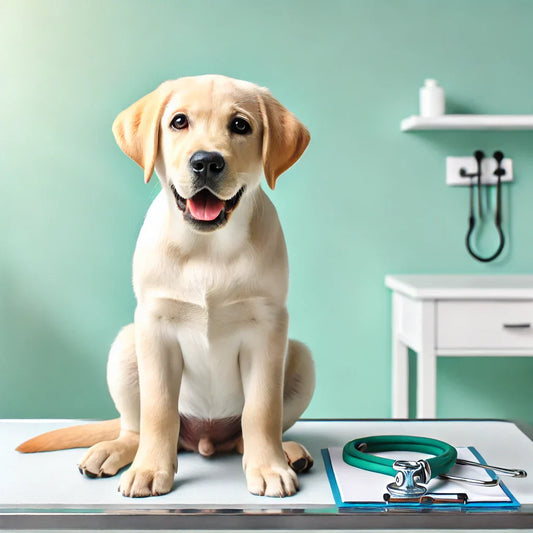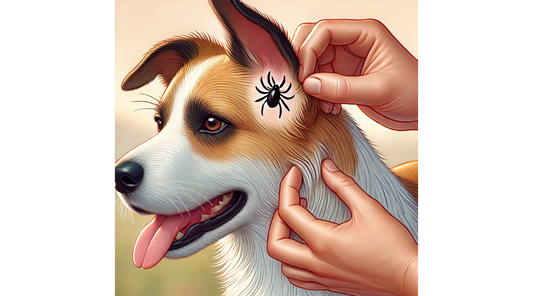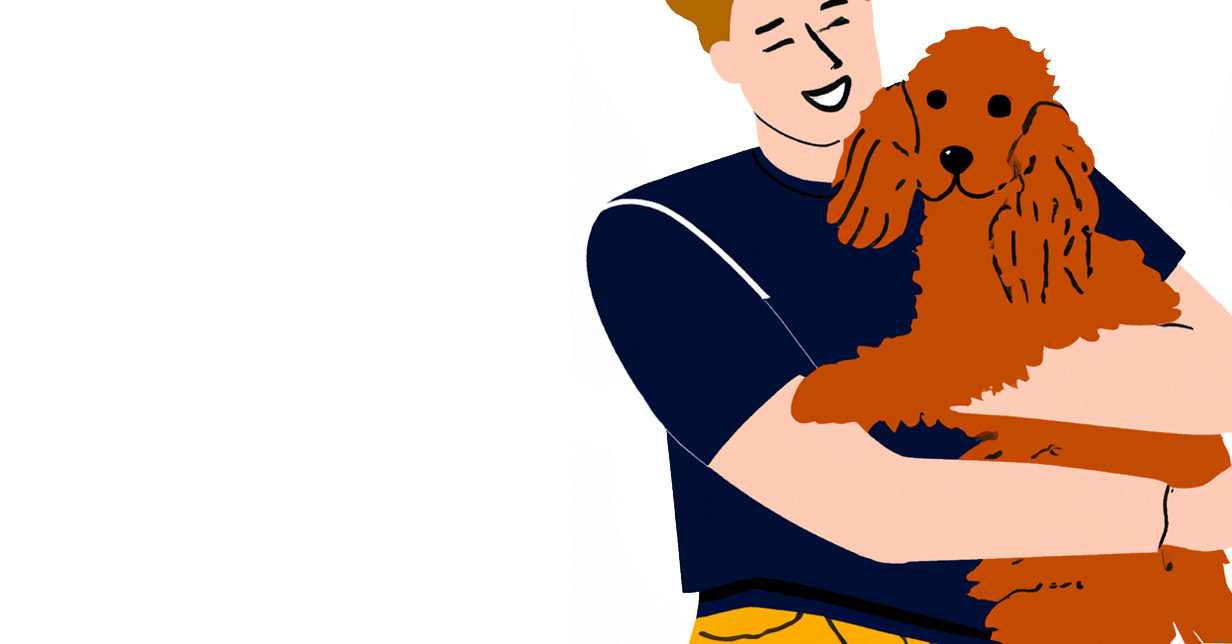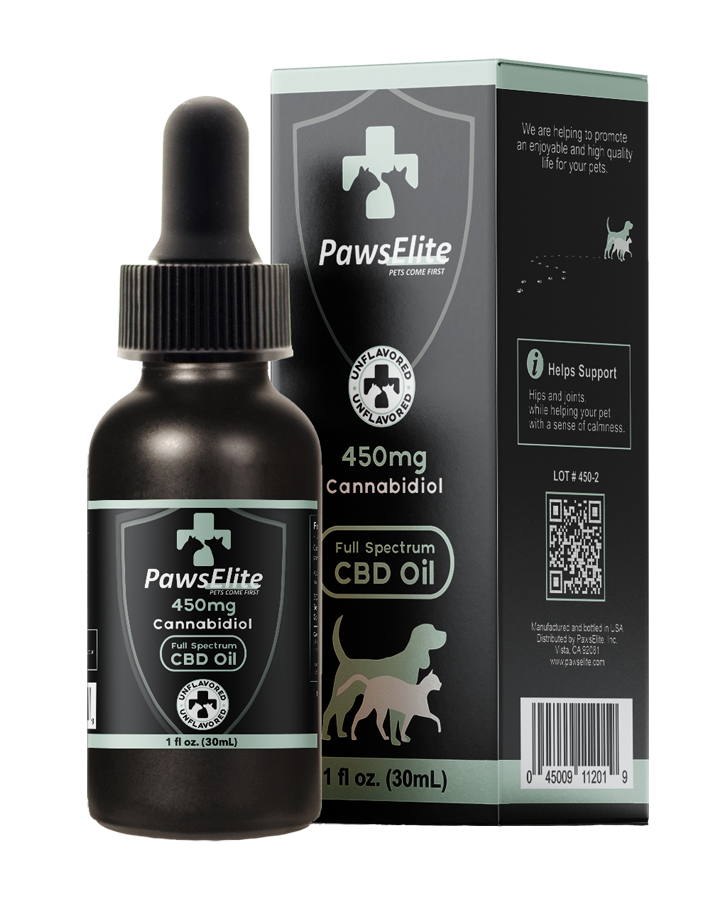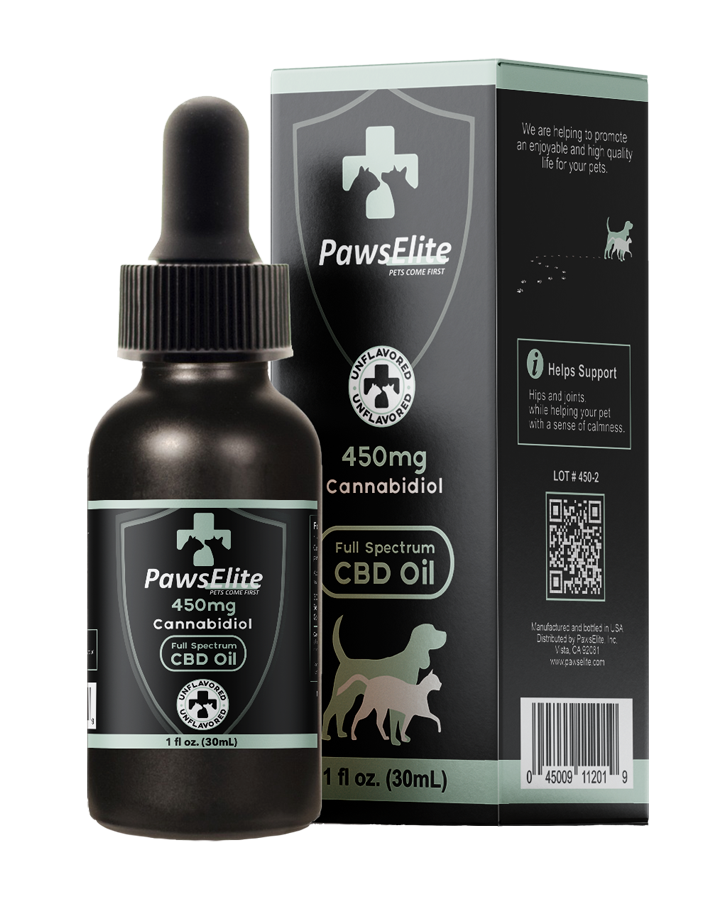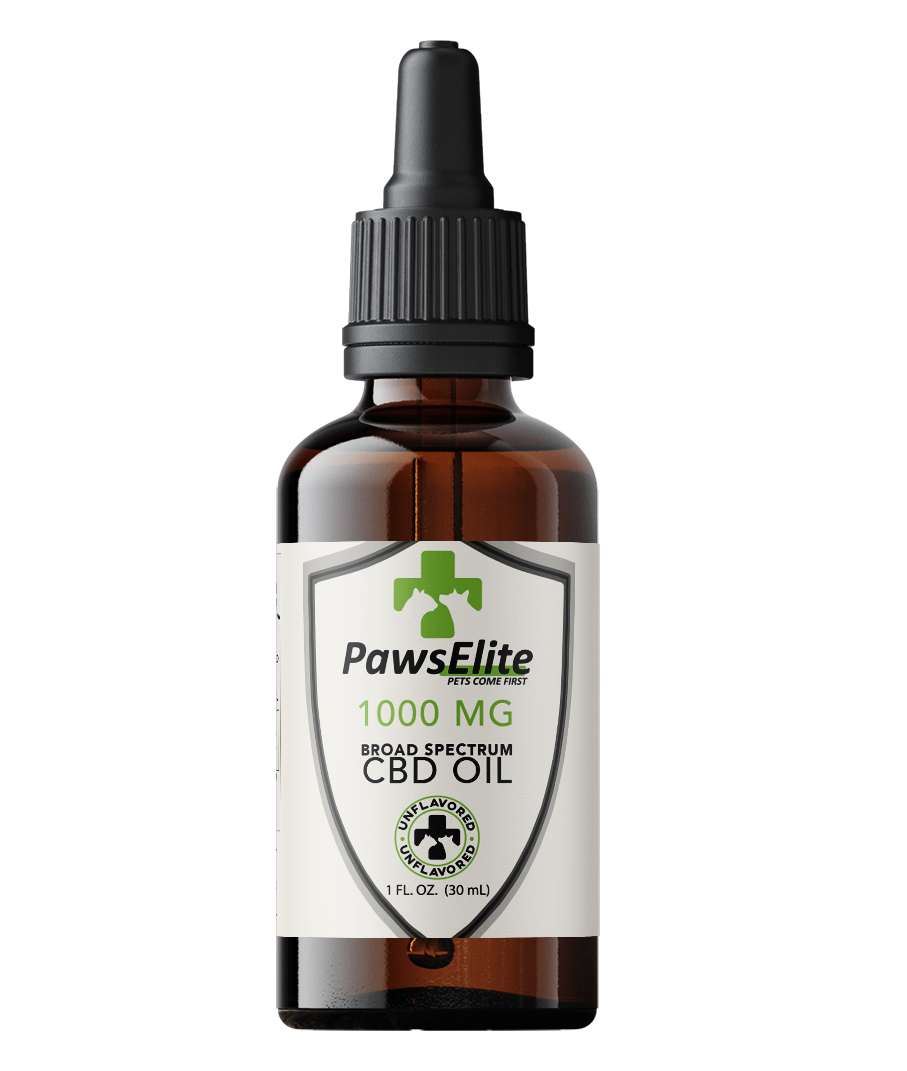
Home Remedies for Sneezing Dog – Vet Recommended Guide
Share
We have all undoubtedly wondered "why do dogs sneeze" at some point or another.
Your dog may be sneezing for a variety of causes. Allergy, kennel cough, infection, foreign body in the nose, and tumor are a few of them.
If your dog is sneezing, you might be seeking home remedies for sneezing dog to make your dog feel better. Sneezing dog episodes that happen frequently are annoying, and if your dog can't calm down, they may also appear worrying, but don’t worry because home remedies for sneezing dog are possible!
Ultimately, finding the best home remedies for sneezing dog is essential to preventing symptoms and maintaining happy canines.
You can attempt treating your dog with home remedies as long as their disease is unaccompanied by other symptoms and gets better with treatment.

Home Remedies for Sneezing Dogs: A Holistic Approach
If your dog is frequently sneezing, it can be concerning. Fortunately, there are several home remedies for sneezing dogs that may help alleviate symptoms. These remedies focus on natural methods to support your dog’s health and comfort, but it's essential to first understand the underlying causes of sneezing.
Causes of Sneezing in Dogs
Sneezing in dogs can be triggered by various factors, ranging from environmental irritants to more serious health conditions. Here are some common causes:
Dog Allergies:
Like humans, dogs can suffer from seasonal allergies or allergies to food, dust, or pollen. These allergies can cause sneezing as the body tries to expel irritants. If your dog suffers from dog allergies, natural remedies may help manage the symptoms. (Paws Elite's article on Dog Grass Allergy).
Nasal Blockage or Foreign Body Obstruction:
If your dog sniffs something they shouldn’t, it can cause a blockage in their nasal passage, leading to frequent sneezing. Check for signs of a foreign body obstruction, which may require veterinary attention.
Nasal Infections and Nasal Mites:
Bacterial or viral infections in the nasal passages can lead to sneezing, along with other symptoms like nasal discharge or coughing. Canine infectious respiratory disease, commonly known as kennel cough, can also cause sneezing.
Inhaled Irritants:
Smoke, strong perfumes, or household chemicals can irritate a dog’s sensitive nose, causing them to sneeze as a way to clear the irritants.
Dental Disease:
Sometimes, sneezing can be linked to dental disease, where an infection or abscess in the teeth can cause irritation in the nasal cavity.
Brachycephalic Airway Obstruction Syndrome:
Dogs with short snouts (brachycephalic breeds like Bulldogs or Pugs) may experience sneezing or snorting due to their restricted airways.
Natural Home Remedies for Sneezing Dog
Below is a list of natural home remedies for sneezing dogs:
CBD oil for Dogs Sneezing
Due to its anti-inflammatory, immune system, and neuron-protecting properties for both people and pets, CBD is a supplement, vitamin, or both that is advantageous to dogs of all ages. It is best utilized throughout a dog's lifespan.
CBD can be consumed as a daily supplement by dogs of all ages; it should not be mistaken for a medication or drug reserved for sick or elderly animals.
CBD is all natural and considered a holistic supplement.

Rest
Dogs that are healing from allergies or kennel cough require extra rest, much like people do when they have a cold. Give your dog a cozy, tranquil bed to rest in. It is recommended to minimize your pet's exercise, especially if they suffer from kennel cough. Your pet may start coughing after exercise. The only time the dog should go outside is for toilet breaks. When a pet is sick, it's crucial for them to remain warm, dry, and comfortable.
Humidity
A humid atmosphere may assist to alleviate some of the symptoms your pet is experiencing, particularly the dry, whooping cough produced on by kennel cough. A humidifier or vaporizer can be placed in the space where your dog sleeps. Run a hot shower and leave your dog in the humid bathroom for half an hour if you don't have a humidifier. The humidity will also lessen the discomfort if your sneezing dog develops a dry, chapped nose. Additionally, you might dab some petroleum jelly on the tip of your pet's nose.
Feeding
Similar to when you have a cold, allergies or kennel cough can cause your dog's appetite to be less intense than usual. To make canned food smell better and increase your pet's appetite, try warming it. For a dog suffering from a cold and sore throat, warmed chicken soup might be a delightful treat. Providing your pet with additional fluids will also be beneficial.
Medicated Oatmeal and Aloe Baths
Your pet may have less itching if you use a medicated shampoo or calming bath that contains colloidal oatmeal and aloe vera.
A glycoprotein found in aloe called acemannan helps to reduce inflammation and itching. You can also add CBD oil to bath to help with inflammation.
Apple Cider Vinegar
Your kitchen is a fantastic place to start when looking for a home remedy for sneezing dog. The skin of your pet will benefit from the gentle acidity and antibacterial qualities of apple cider vinegar.
You can add diluted apple cider vinegar (one-third apple cider vinegar to two thirds water) to your pet's feed or use it topically on skin sores. When used as a diet supplement, be sure to use a minimal amount; roughly 1 teaspoon of the diluted combination is adequate.
Epsom Salt
One of the most typical symptoms of allergies is licking and biting at the paws.
Seasonal canine allergies can be easily treated at home with a foot bath in cool water and Epsom salt. When pets return inside after playing outside, this therapy can reduce inflammation and itching. CBD Oil is also known to help reduce inflammation.

Holistic Home Remedies for Sneezing Dog
There are natural, homeopathic, and antioxidant therapies that could strengthen the immune system and hasten your dog's recovery from a cold. Echinacea is frequently advised and typically included to the dog's food for one week. The herbs licorice root, mullein, marshmallow, and coltsfoot are also frequently employed. Vitamins C and E can also be utilized to strengthen the dog's immune system and lessen any inflammation that comes with sneezing.
The discomfort brought on by dog sneezing can be treated effectively with natural remedies. Several different treatments can be utilized, depending on the symptoms. If you want to relieve your dog's sneezing using homeopathic remedies, keep in mind the following. Consult a holistic veterinarian if you are still uncertain.
Several treatments listed below:
- Arsenicum album
- Allium cepa
- Aconitum napellus
- Calcarea
- Sulphurica
- Hepar sulphuris
- Kali bichromicum
- Sulphur
- Pulsatilla
Treating Your Pet with Home Remedies for Sneezing Dog
Pet allergies can be difficult, and nothing is worse than witnessing your furry friend in pain. The foundation of your pet's resistance to allergies is a robust, healthy, and balanced physique.
While there are treatments for allergies, the real fight against allergies begins with a healthy diet that includes the right foods and vitamins to get ready for allergy season.
Reverse Sneezing in Dogs: Understanding and Managing the Phenomenon
Reverse sneezing occurs when dogs rapidly inhale air through their nose, making loud inspiratory noises. Common causes include allergens like pollen or dust, irritation, and inflammation in the nasal passages. If your dog experiences reverse sneezing, you can help by gently massaging their throat or calming them. For more on managing allergies, check out Paws Elite's article on Dog Allergies. If episodes persist, consult your vet to rule out underlying issues.
Consult Your Vet:
If reverse sneezing episodes are frequent, prolonged, or accompanied by other symptoms like nasal discharge or coughing, it’s important to consult your vet. Your vet can help determine if there’s an underlying issue, such as nasal irritation, inflammation, or a foreign body obstruction, that needs to be addressed.
When to Be Concerned
- While reverse sneezing is typically harmless, you should be concerned if:
- The episodes become more frequent or last longer than usual.
- There is visible discomfort or distress during the episode.
- Your dog shows signs of nasal discharge, coughing, or labored breathing.
- The reverse sneezing occurs alongside other health issues, such as loss of appetite or lethargy.
In these cases, seeking veterinary care is recommended to rule out any serious conditions affecting the throat, sinuses, or nasal passages.


